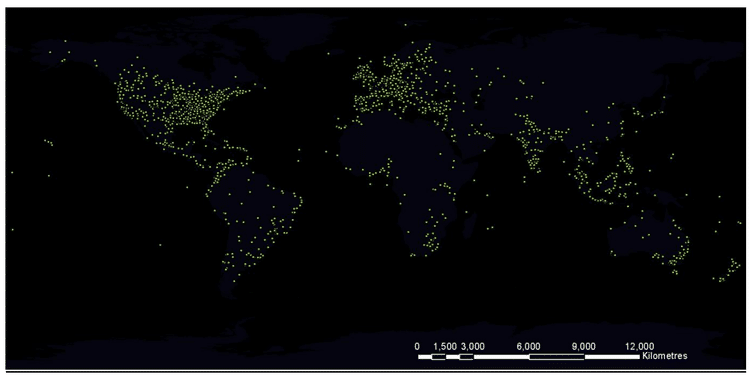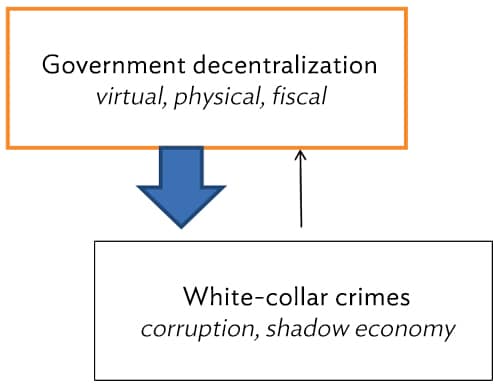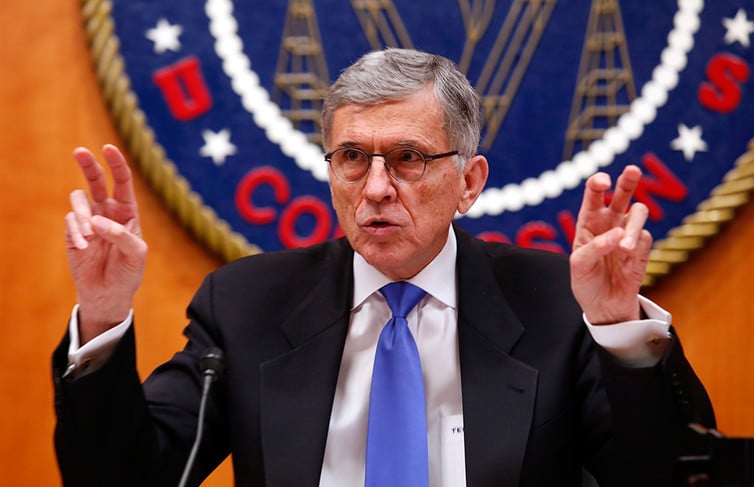Social Data’s Good, Bad and Ugly
Around the world, social media is giving consumers far greater visibility into supply chain processes and problems. For better or worse, manufacturing locations and labour conditions, warehouses, warehouse systems, packing processes, logistics partners and their delivery drivers have increasingly become associated with a retailer’s brand image.








